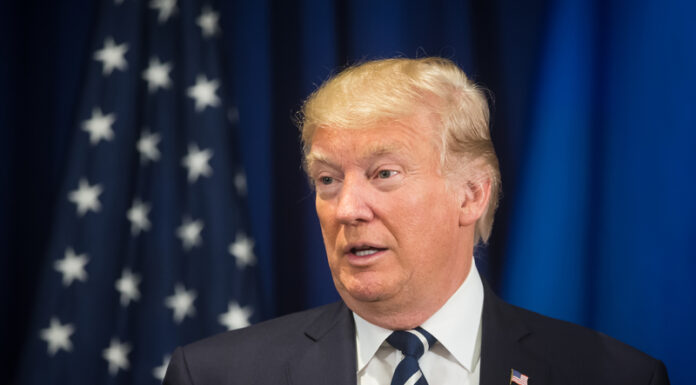The Justice Department triggered alarm among legal experts Wednesday, January 22, 2025, with a directive authorizing federal prosecutors to target state and local officials who resist Trump administration immigration enforcement, a move critics call an unprecedented expansion of federal power.
Acting Deputy Attorney General Emil Bove’s three-page memo establishes what CNN senior legal analyst Elie Honig described as an “extraordinary” and “very heavy-handed” approach to forcing local cooperation with federal immigration priorities. “There’s been a lot of pushback to it,” Honig said on CNN’s “NewsNight,” highlighting concerns about federal overreach.
The directive creates a “Sanctuary Cities Enforcement Working Group” to identify and challenge local policies deemed obstructive to federal immigration enforcement. The working group will coordinate with U.S. Attorney’s offices nationwide to pursue criminal prosecution and civil litigation against jurisdictions limiting cooperation with Immigration and Customs Enforcement (ICE).
Legal scholars warn the memo’s approach mirrors previously failed attempts from Trump’s first term to penalize sanctuary jurisdictions. During that period, federal courts blocked multiple efforts to withhold federal funding from cities and states that limited cooperation with ICE, citing constitutional concerns.
“What is being threatened is if you commit a crime, if you harbor an illegal alien, which is a federal crime,” Honig detailed. “Now, typically, DOJ has overlooked that. That’s within prosecutorial discretion. But what the feds are saying is, ‘If you, locals, if you harbor an illegal alien, if you obstruct our efforts to enforce this law, then we might prosecute you.’”
The directive explicitly reverses Biden administration policies by mandating prosecutors pursue “the most serious, readily provable offense” in immigration cases. It also orders FBI Joint Terrorism Task Forces to assist with immigration operations and requires Justice Department components to share immigration status information with Homeland Security.
California Attorney General Rob Bonta, whose state previously defeated Trump administration challenges to its sanctuary laws, called the memo “legally suspect” and vowed to defend state sovereignty. During Trump’s first term, California successfully argued that forcing state law enforcement to assist federal immigration agents violated the Tenth Amendment.
Constitutional law experts identify the anti-commandeering doctrine as a significant obstacle to the directive’s implementation. This principle, reinforced by multiple Supreme Court decisions, prohibits the federal government from compelling states to enforce federal laws or policies.
The memo attempts to justify its aggressive stance by citing concerns about fentanyl trafficking, international gang activity, and crimes committed by undocumented immigrants. However, critics note that these same arguments failed to persuade the courts during previous legal challenges to Trump’s immigration policies.
The directive’s release has already sparked preparation for legal challenges from multiple states. New York and Illinois Attorney Generals have announced plans to contest any attempt to force compliance with federal immigration enforcement, citing successful legal precedent from previous court battles during Trump’s first term.
California Attorney General Bonta stated on CNN, “We are not required to take part in immigration enforcement efforts.” However, opposition within the Democratic Party is not unified this time. On Wednesday, January 22, 46 House Democrats—about one-fifth of the caucus—joined 217 Republicans to approve a bill mandating the detention and deportation of undocumented immigrants accused of theft.
The Senate has already passed the bill with Democratic support, and it now awaits President Trump’s signature to become law.








